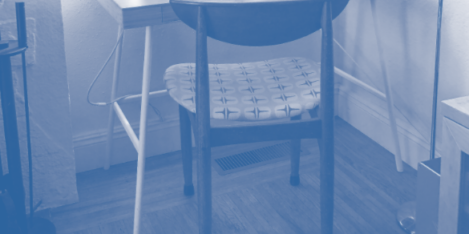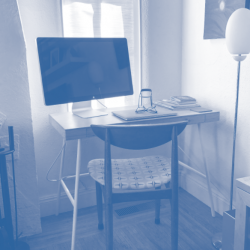To provide the best experiences, we use technologies like cookies to store and/or access device information. Consenting to these technologies will allow us to process data such as browsing behaviour or unique IDs on this site. Not consenting or withdrawing consent, may adversely affect certain features and functions.
The technical storage or access is strictly necessary for the legitimate purpose of enabling the use of a specific service explicitly requested by the subscriber or user, or for the sole purpose of carrying out the transmission of a communication over an electronic communications network.
The technical storage or access is necessary for the legitimate purpose of storing preferences that are not requested by the subscriber or user.
The technical storage or access that is used exclusively for statistical purposes.
The technical storage or access that is used exclusively for anonymous statistical purposes. Without a subpoena, voluntary compliance on the part of your Internet Service Provider, or additional records from a third party, information stored or retrieved for this purpose alone cannot usually be used to identify you.
The technical storage or access is required to create user profiles to send advertising, or to track the user on a website or across several websites for similar marketing purposes.
 A new study from Perkbox claims that the increased amount of time spent at home together under lockdown has actually strengthened many people’s personal relationships. Just under half (45 percent) of employees claim that their relationship with the people they live with has become stronger during their time working from home together. 51 percent say that their relationship is the same as before, with just 4 percent feeling that their relationship is now not as strong. (more…)
A new study from Perkbox claims that the increased amount of time spent at home together under lockdown has actually strengthened many people’s personal relationships. Just under half (45 percent) of employees claim that their relationship with the people they live with has become stronger during their time working from home together. 51 percent say that their relationship is the same as before, with just 4 percent feeling that their relationship is now not as strong. (more…)






 In a recent
In a recent 
 A new study on work-life balance claims that the COVID-19 crisis is a crucial factor – but not the only one – behind low levels of wellbeing among employees working from home. A research team including Professor Ilke Inceoglu, Professor of Organisational Behaviour and HR Management at the
A new study on work-life balance claims that the COVID-19 crisis is a crucial factor – but not the only one – behind low levels of wellbeing among employees working from home. A research team including Professor Ilke Inceoglu, Professor of Organisational Behaviour and HR Management at the 










 New research by the
New research by the 
 A new study by
A new study by 









November 9, 2020
Working from home could energise some of our overlooked cities
by Michel Serafinelli • Cities, Comment, Flexible working